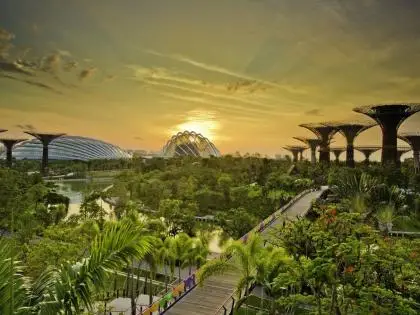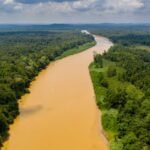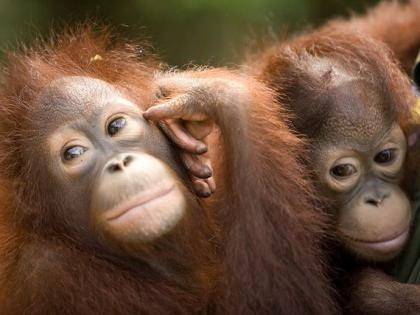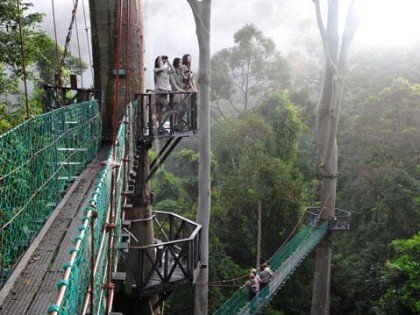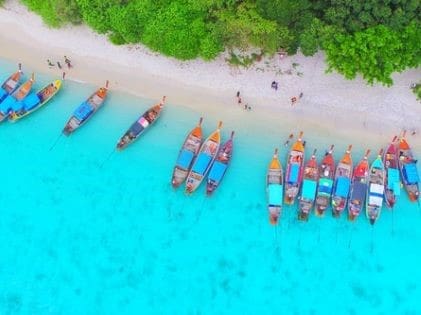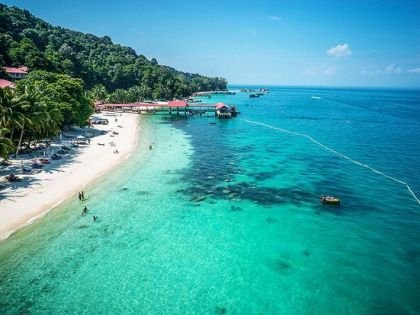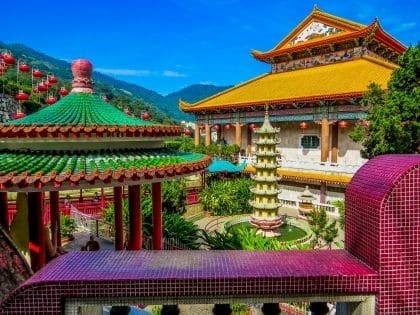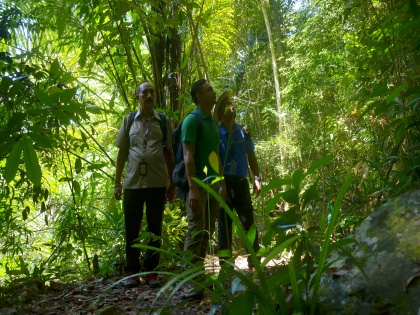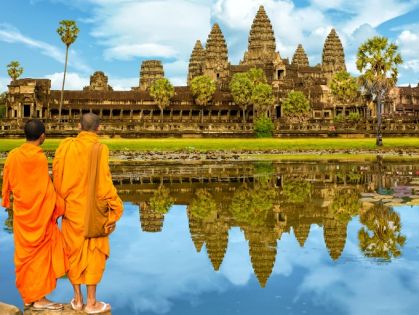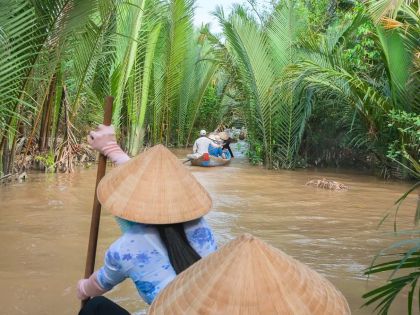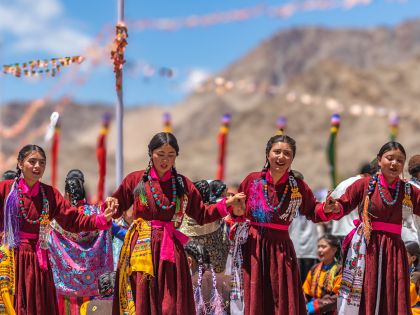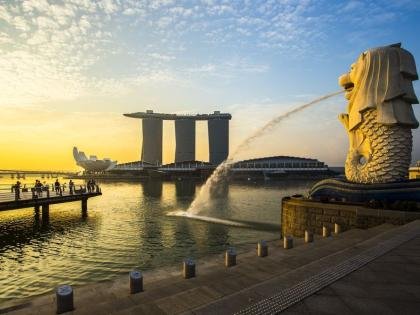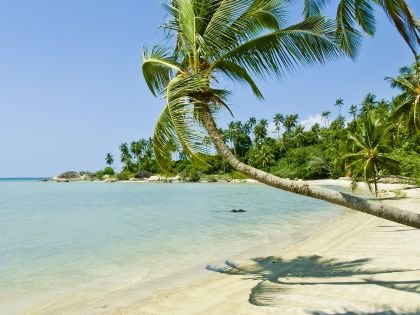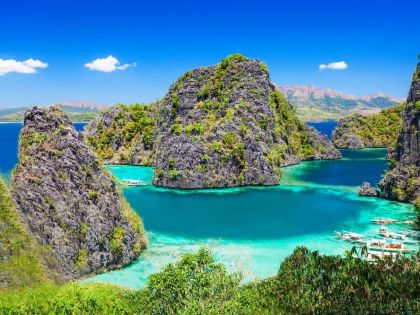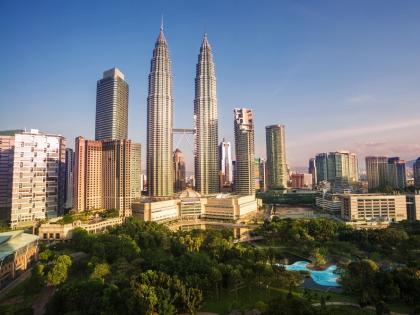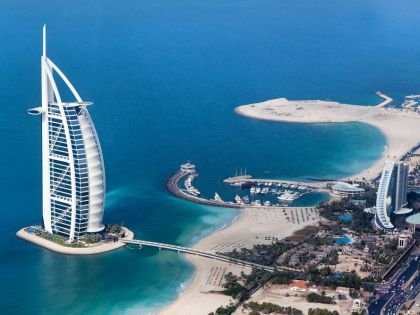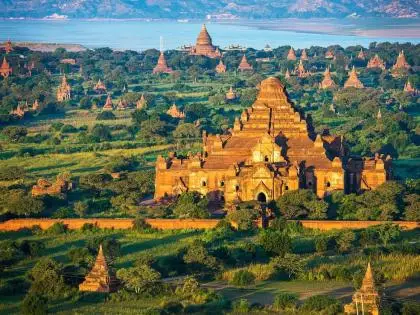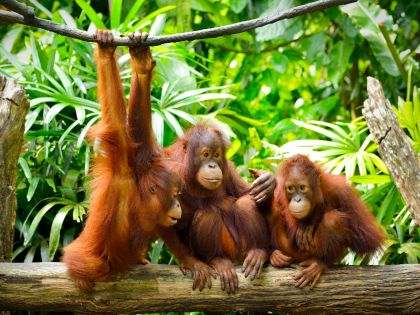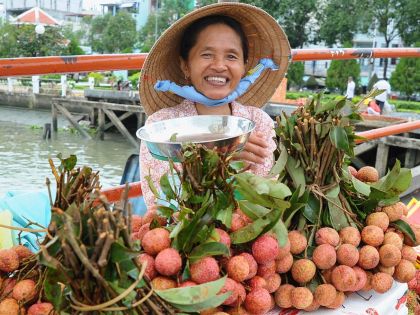Tiny Giants – Exploring the Endangered Pygmy Elephants
Known as the smallest in the world but big enough to capture the hearts of many, the endangered pygmy elephants of Borneo are a remarkable and unique species. After being isolated from other Asian elephants for approximately 300,000 years ago, Bornean pygmy elephants have evolved to be smaller. They developed proportionally larger ears, longer tails, and straighter tusks compared to their mainland cousins, making them unique in their appearance. Despite their smaller stature compared to other elephants, these gentle giants play a crucial role in their ecosystem, and their conservation is vital for maintaining the biodiversity of the region.
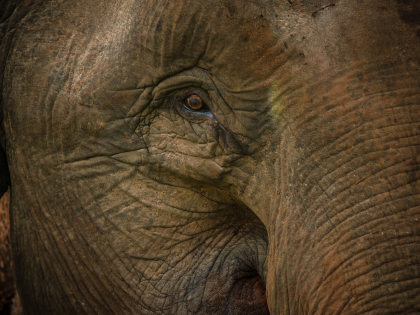
Close up photo of Borneon Pygmy Elephant (Photo by Dido)
Elephants – Guardians of the Ecosystem
Co-existence between animals and forests has been crucial throughout the years as they rely on each other for survival. Animals, like the pygmy elephants, play a significant role in maintaining the health and biodiversity of forests. They aid in seed dispersal, create natural pathways, and help control plant populations. In turn, the forest provides shelter, food, and a thriving habitat for this creature. This delicate balance is vital for the ecosystem’s sustainability and resilience. The distinction of being the smallest elephant in the world has made the pygmy elephant of Sabah, Borneo, a major attraction for travellers. This not only boosts the local economy but also highlights the need for wildlife conservation efforts
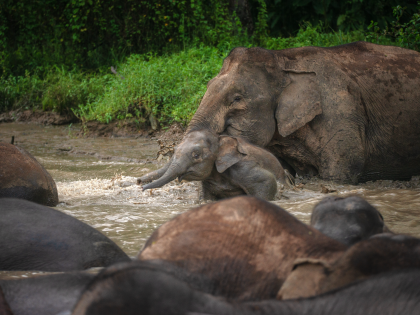
Mother and baby Borneon Pygmy Elephant (Photo by Dido)
Protecting Borneo’s Pygmy Elephants
Borneo’s pygmy elephants, with fewer than 1,500 left in the wild, face severe threats due to habitat loss from agricultural expansion. Human-elephant conflicts over resources have escalated, often resulting in property damage, threats to livelihoods, and harm to both elephants and people.
Collaborative Conservation Efforts
The government, private farmers, and conservation groups are working together to create wildlife corridors and protected areas, providing safe habitats for pygmy elephants. Initiatives like those by WWF and the Borneo Elephant Sanctuary combine habitat restoration, eco-tourism, and community engagement to ensure a sustainable future for these endangered animals while supporting local communities.
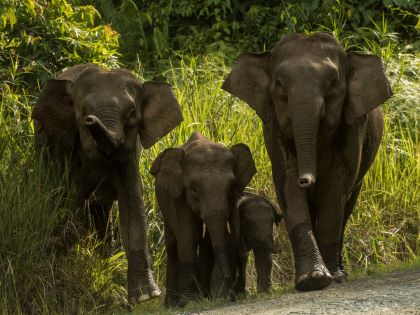
Borneon Pygmy Elephant Family
How can we make a difference?
By choosing eco-friendly tours and supporting businesses that promote wildlife conservation, you can contribute to responsible tourism. Spreading awareness about the importance of pygmy elephants and the threats they face helps educate others and foster a greater appreciation for these unique creatures. Additionally, advocating for policy changes by encouraging local and national governments to implement and enforce stronger conservation policies is crucial. Every effort, no matter how small, can make a significant impact in ensuring that pygmy elephants continue to roam the forests of Borneo for generations to come. Join us now by booking a tour and see these unique creatures for yourself.
Contact us for more information if you like to include a visit to the areas where you find the Pygmy Elephant in Borneo in your itinerary.


